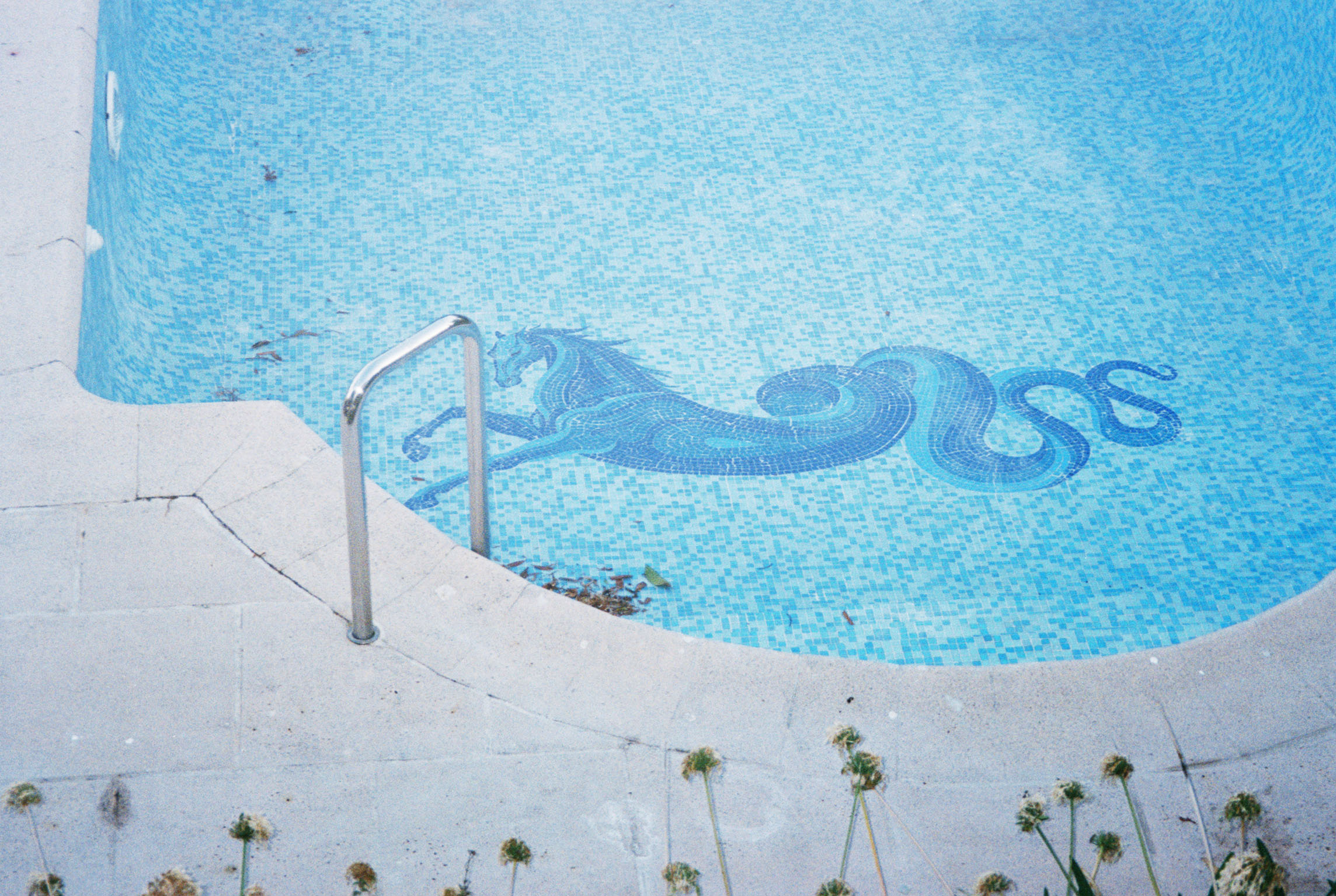
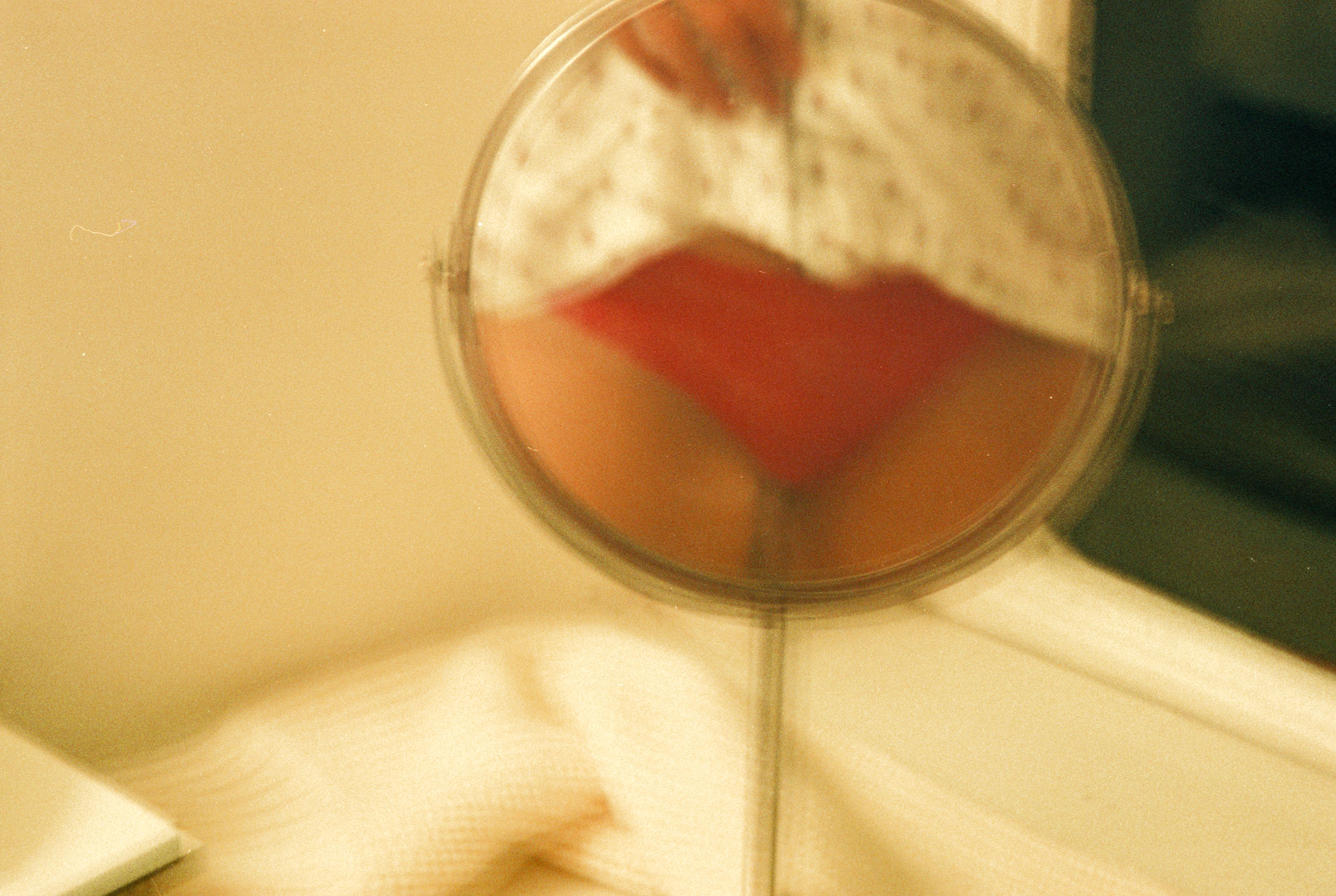
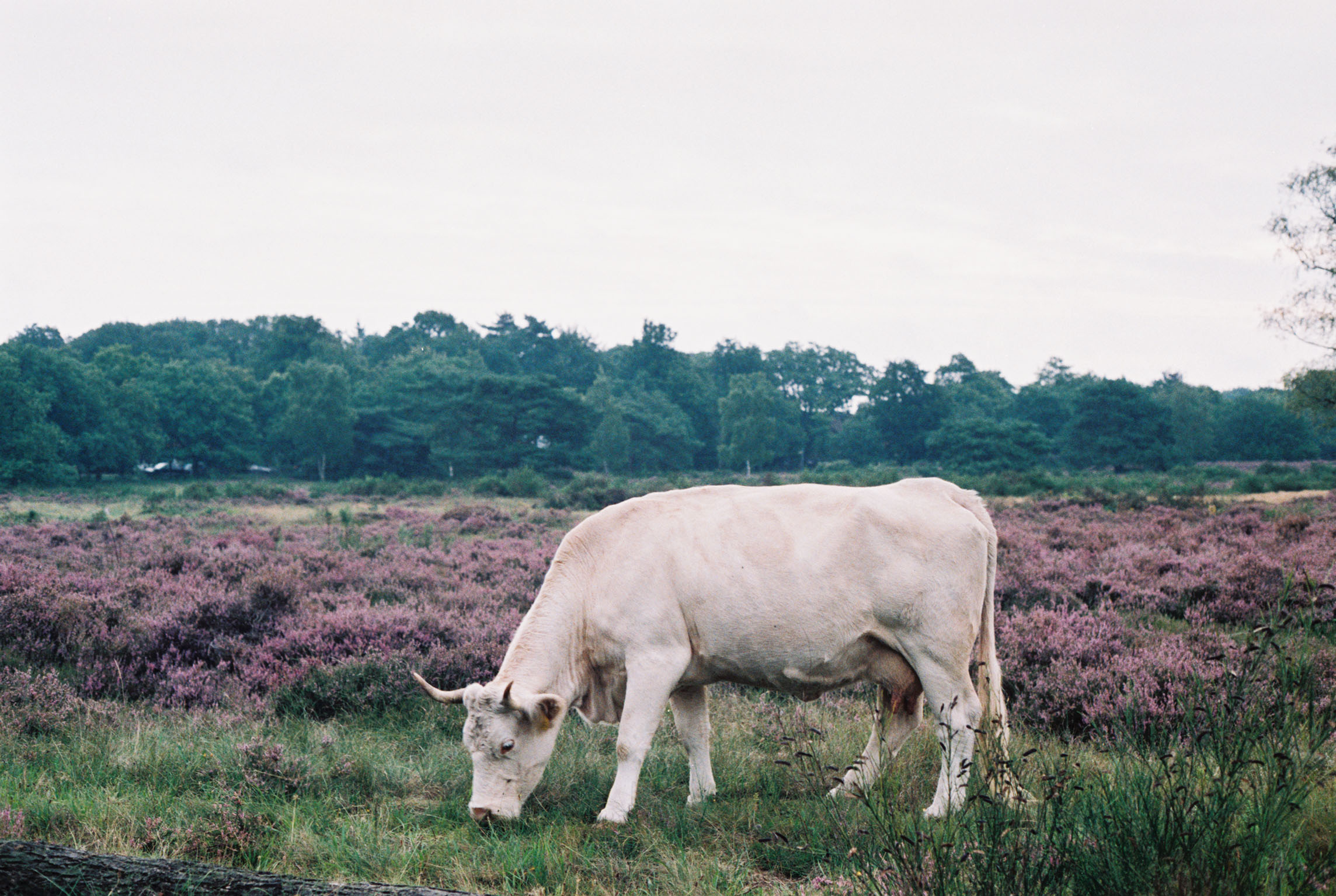
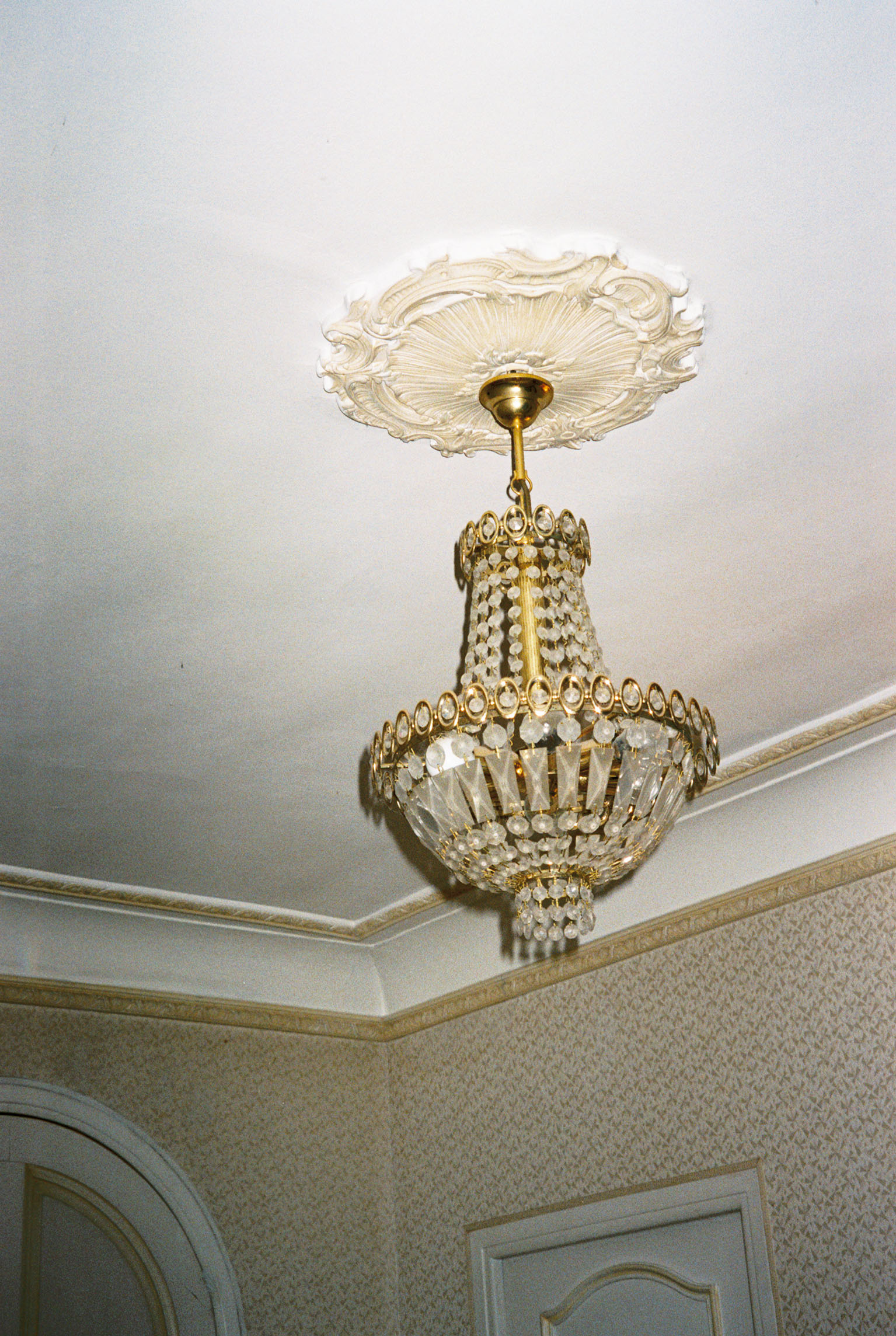
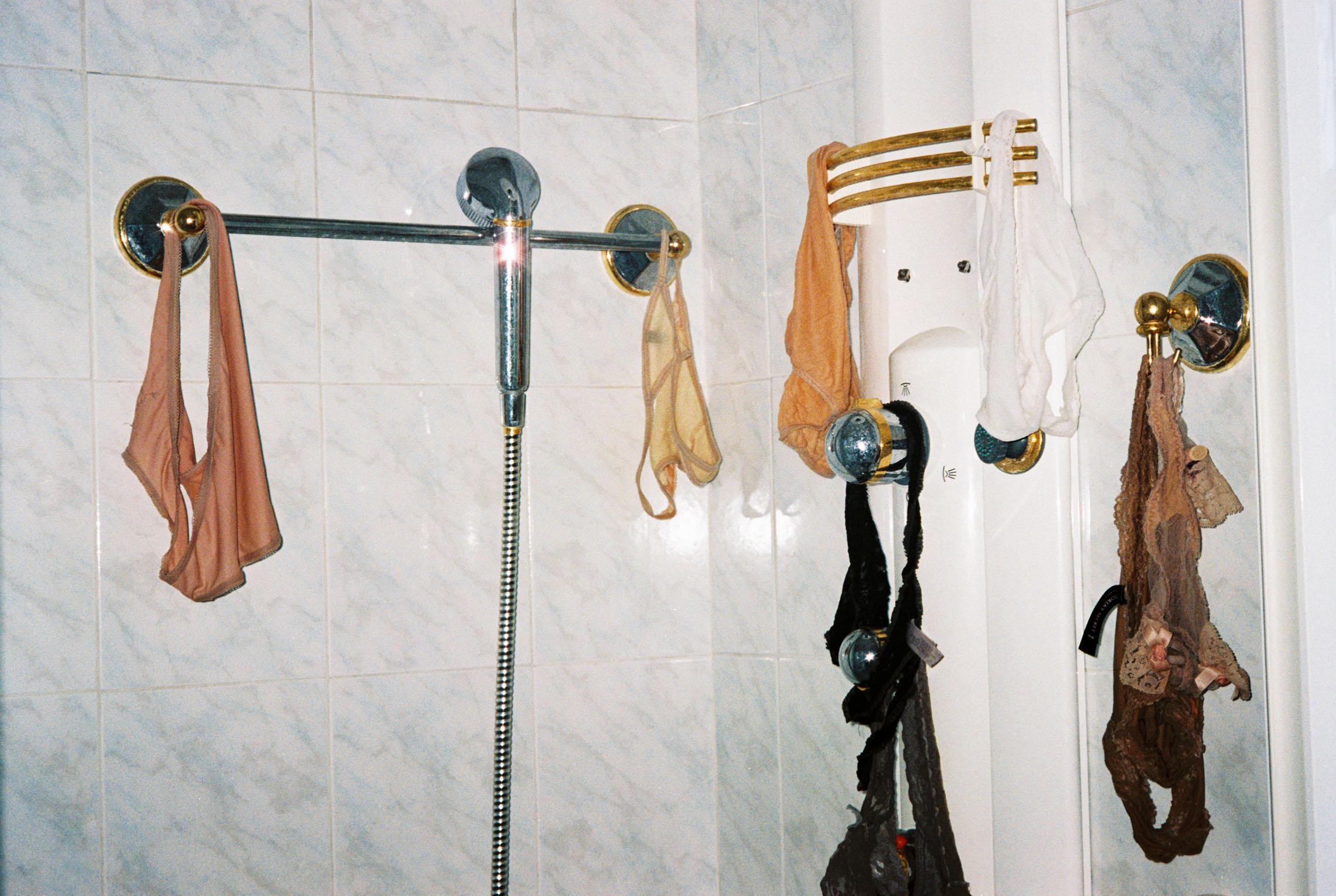
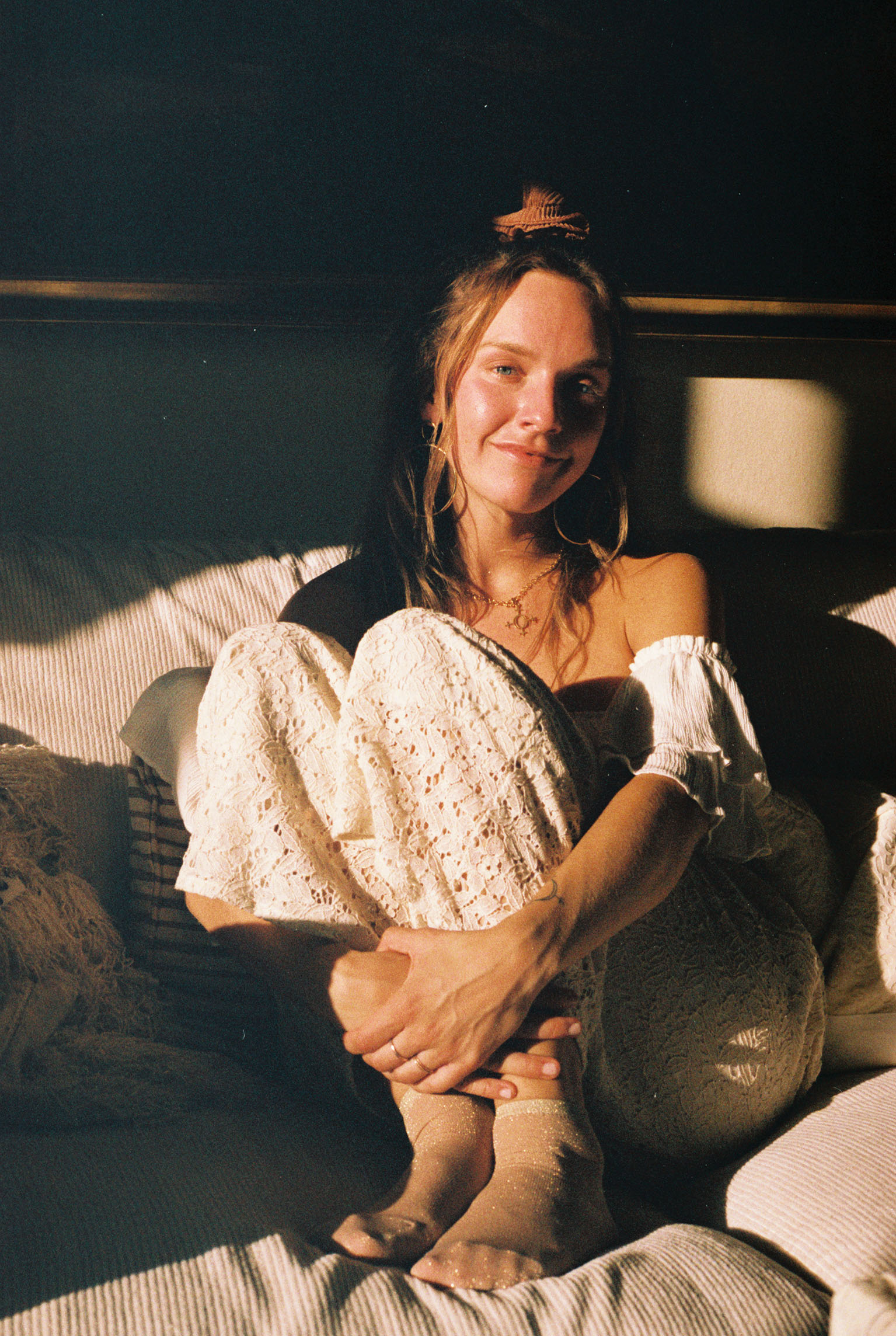

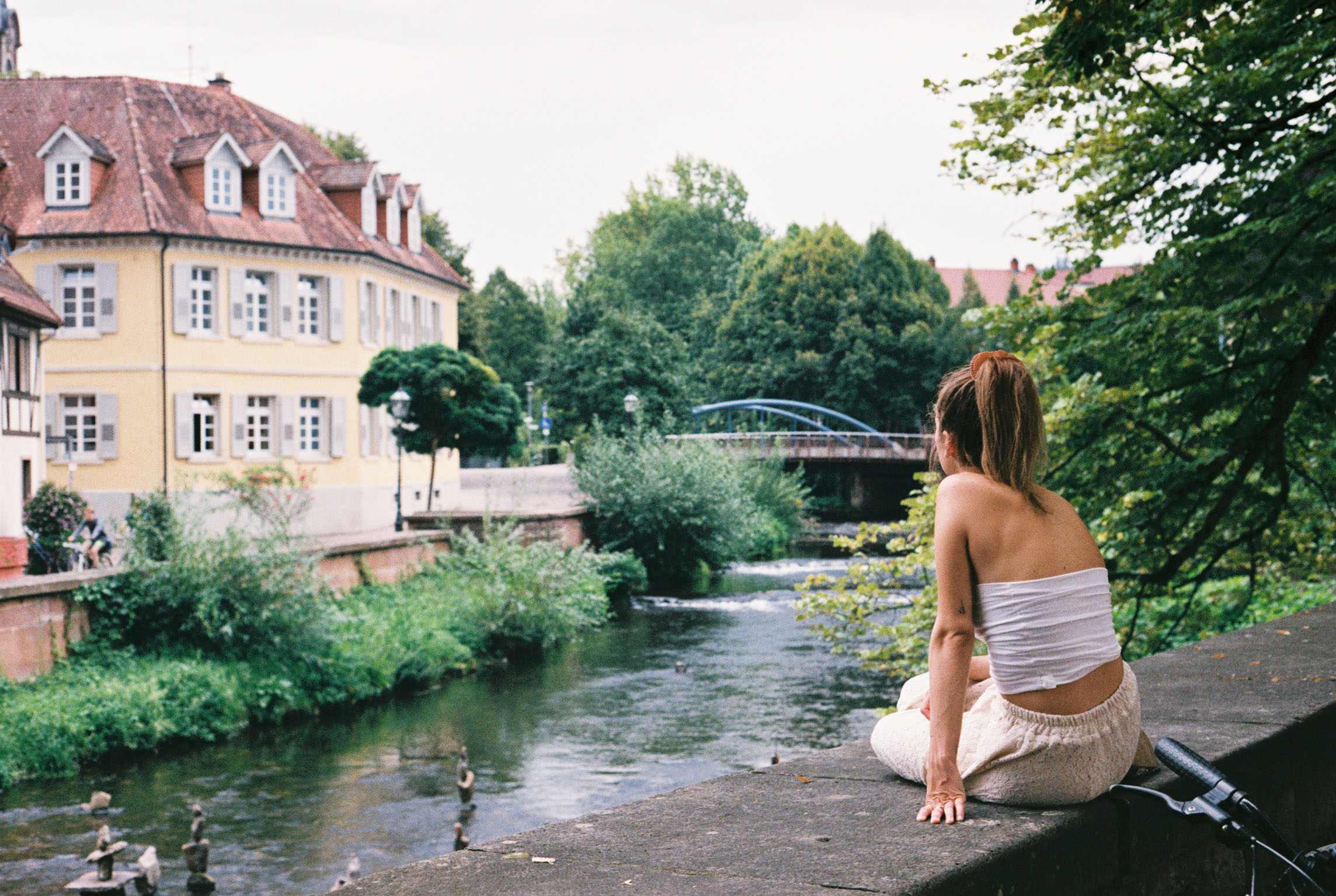
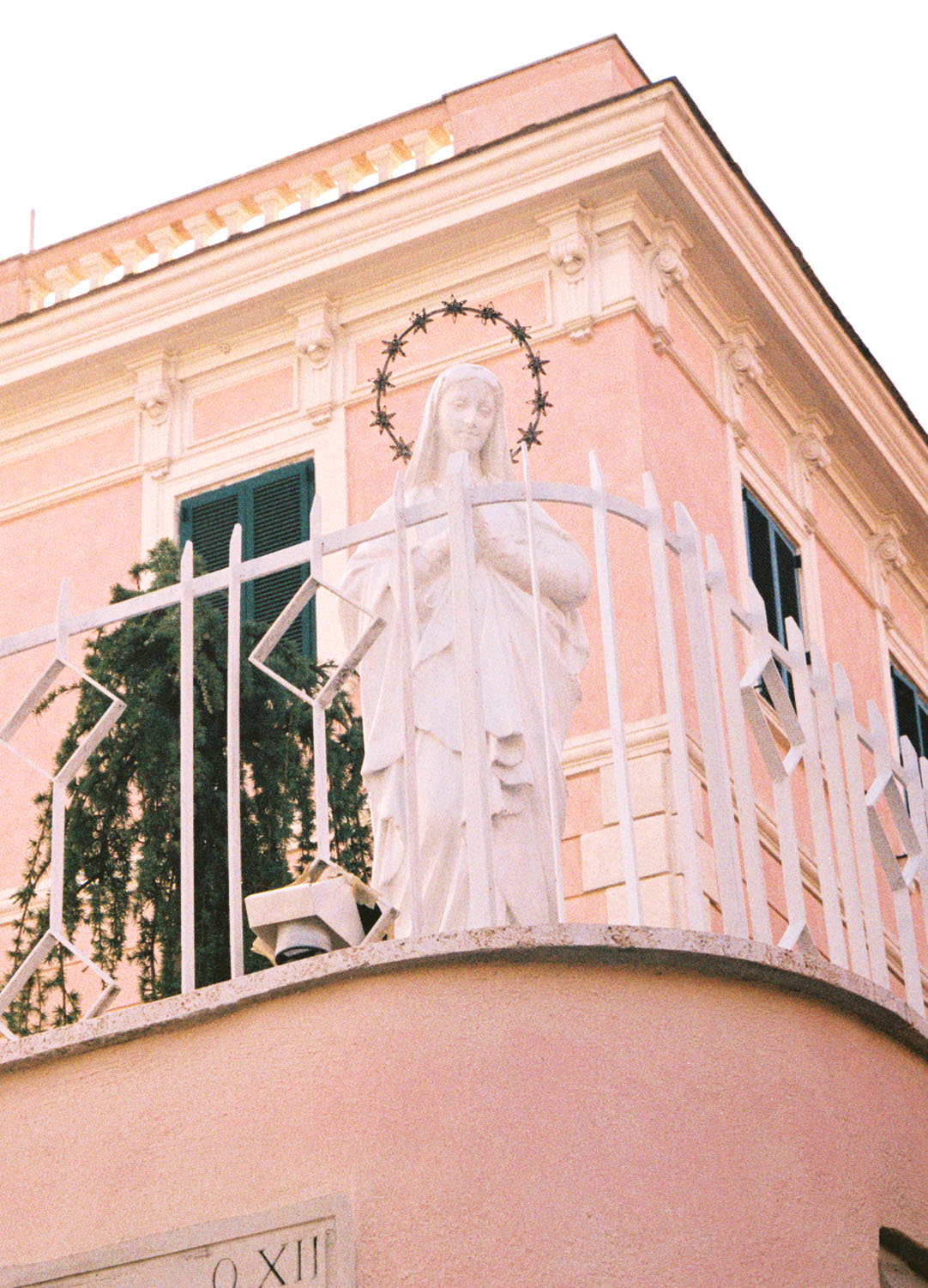
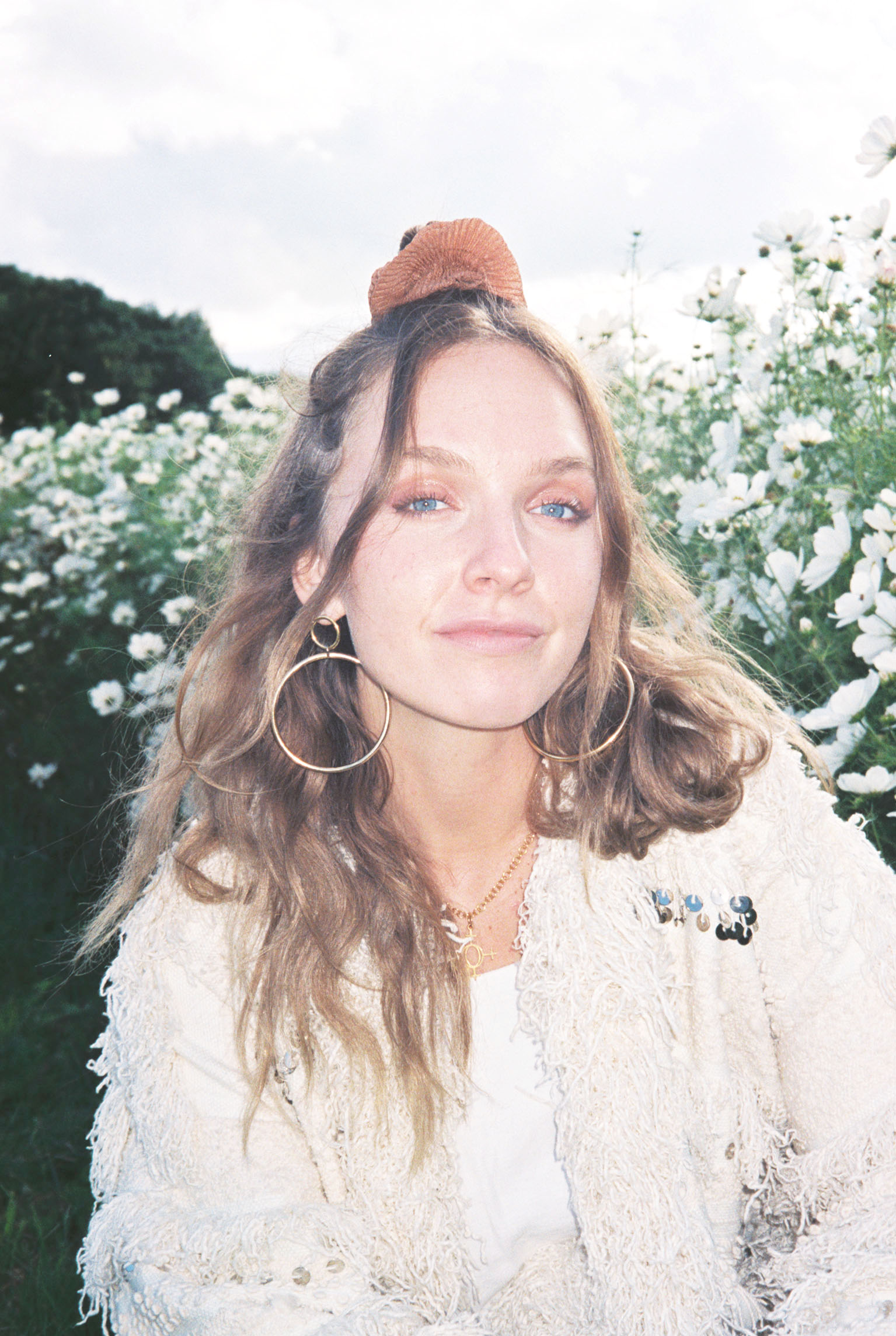
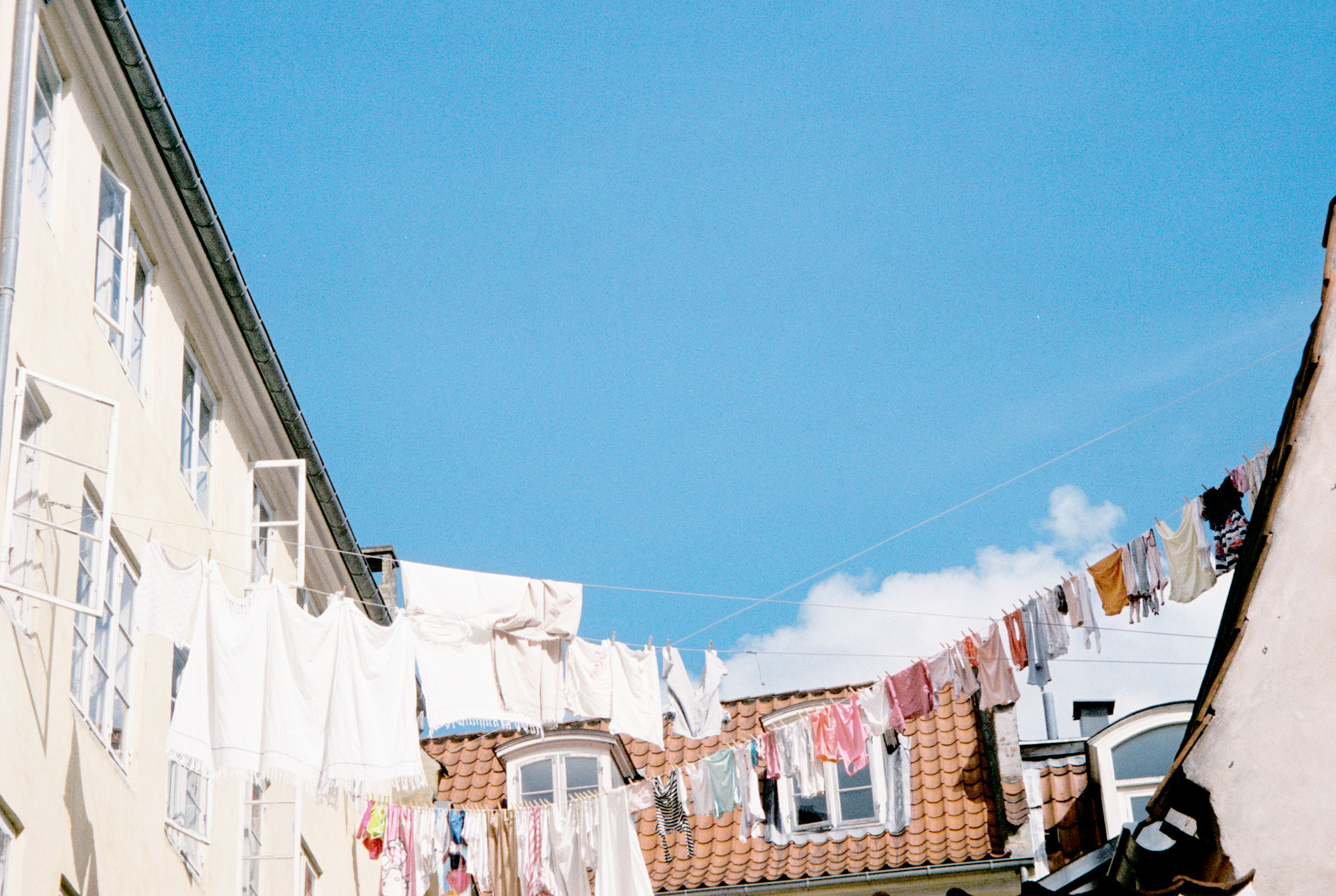
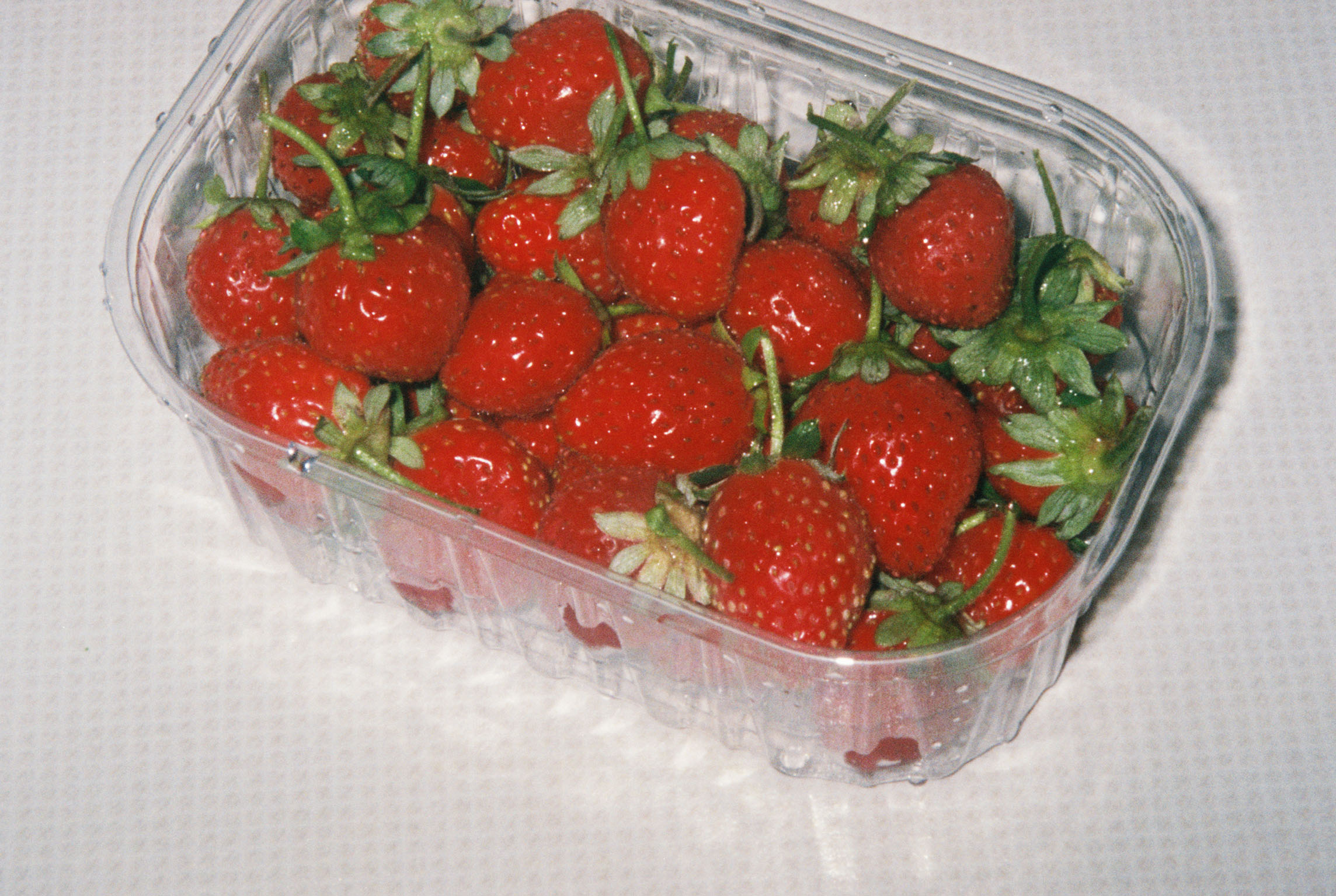
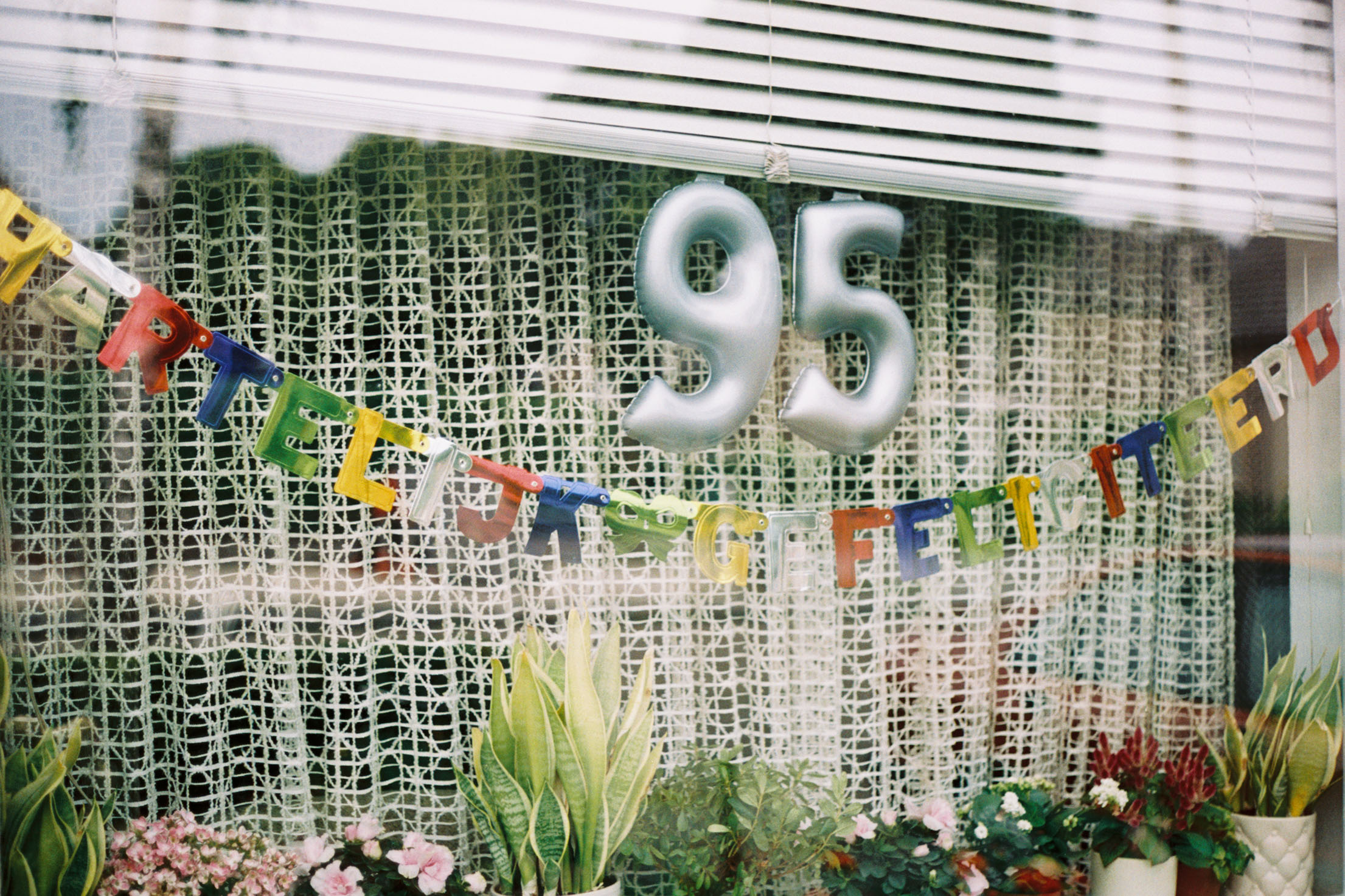
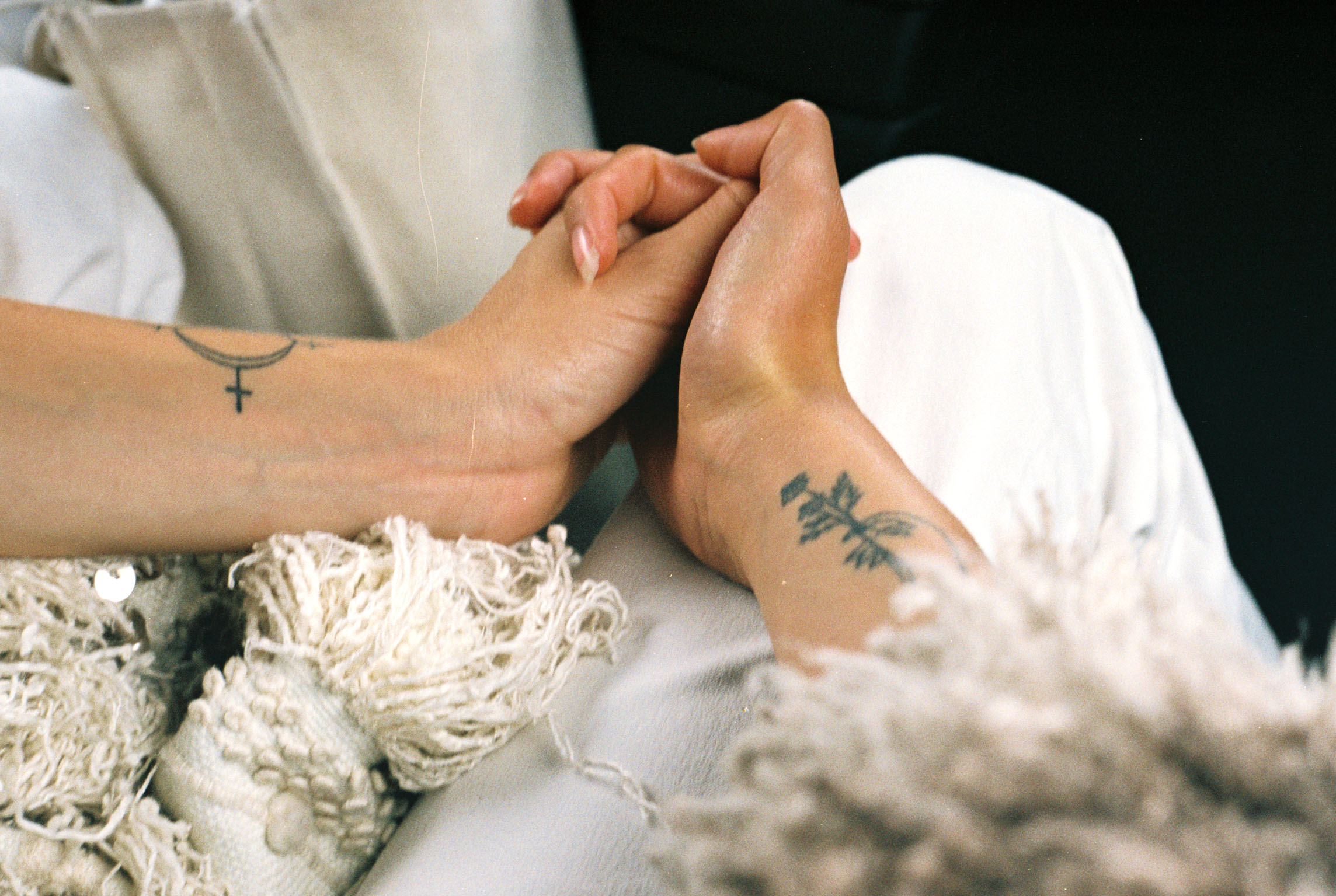
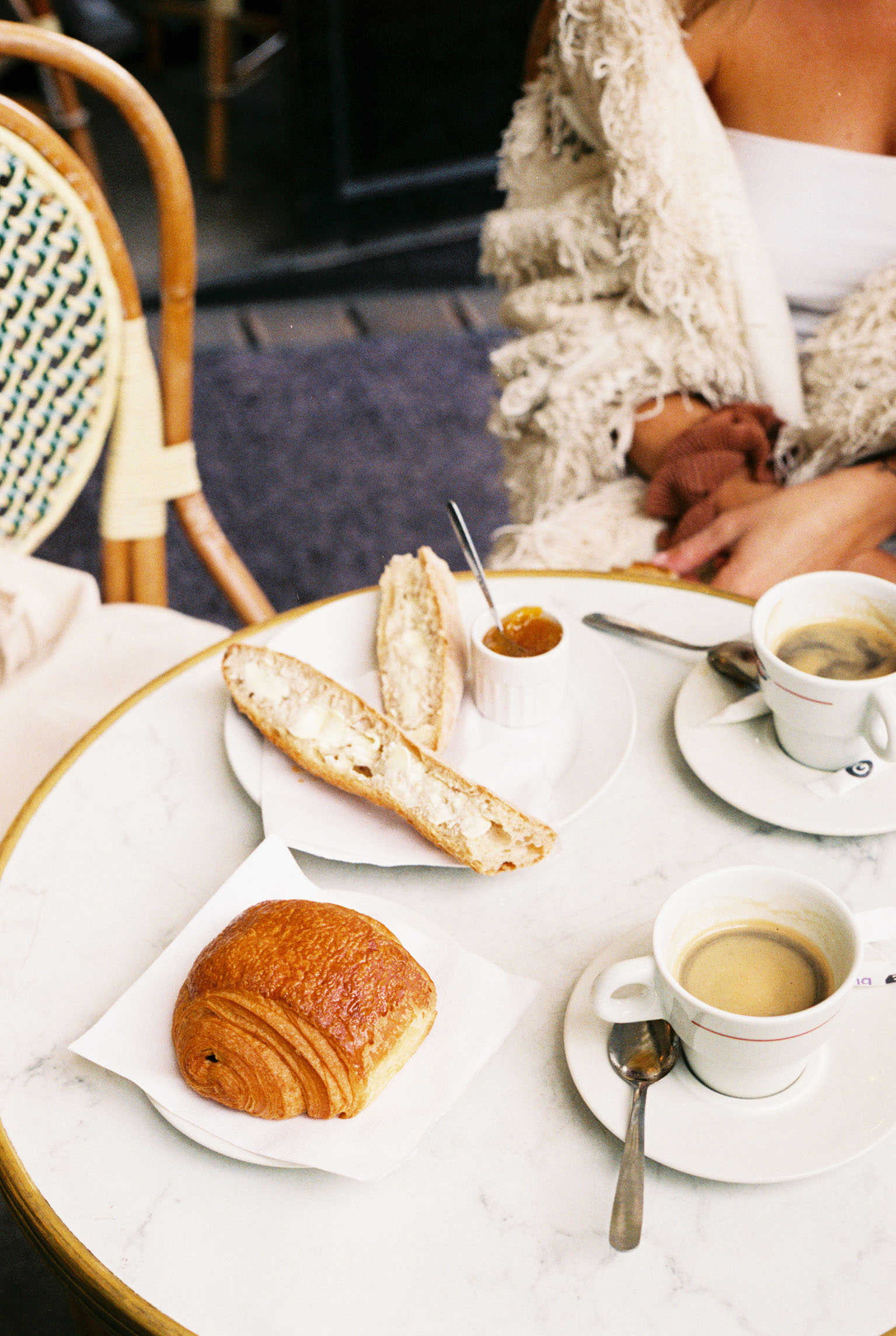
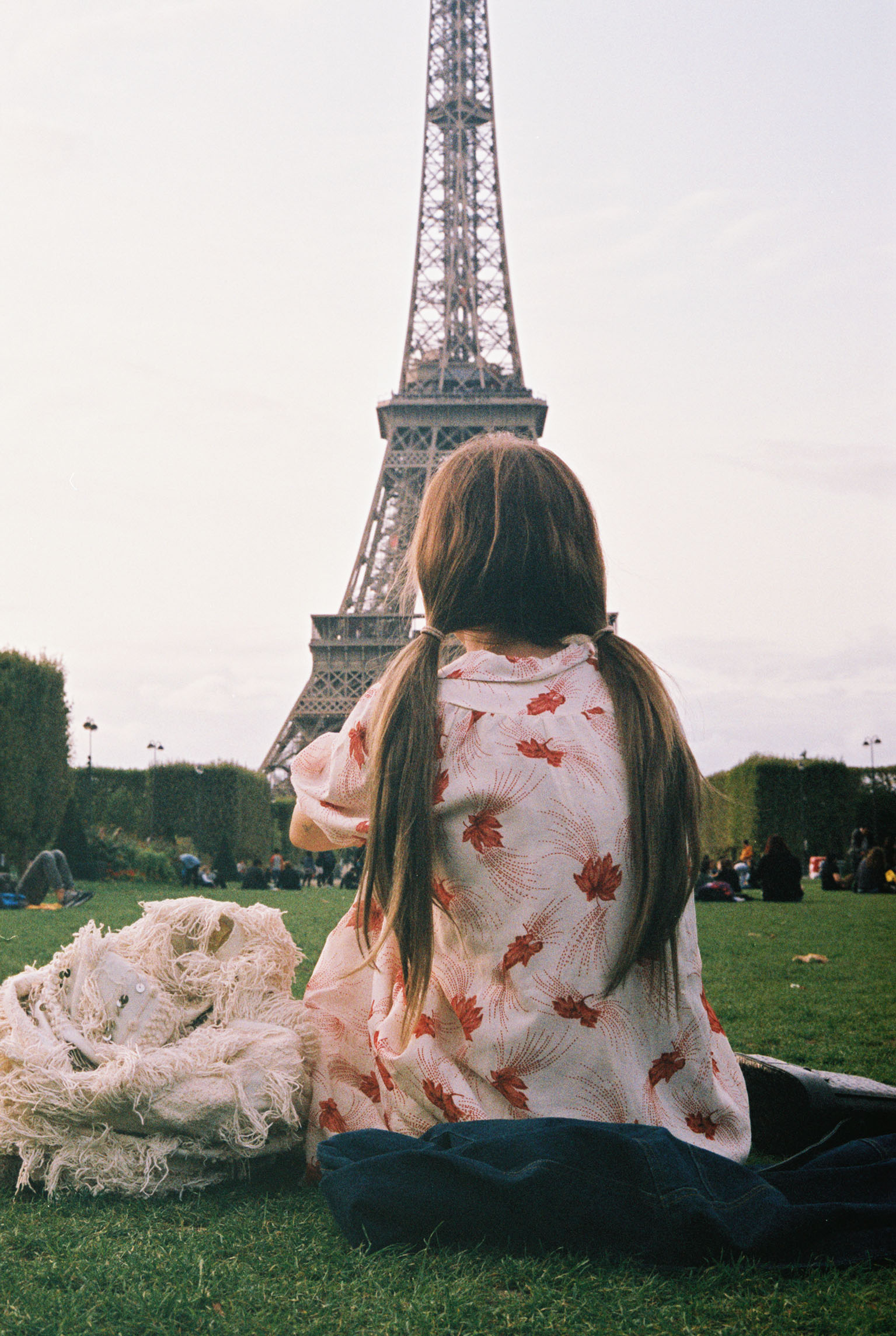
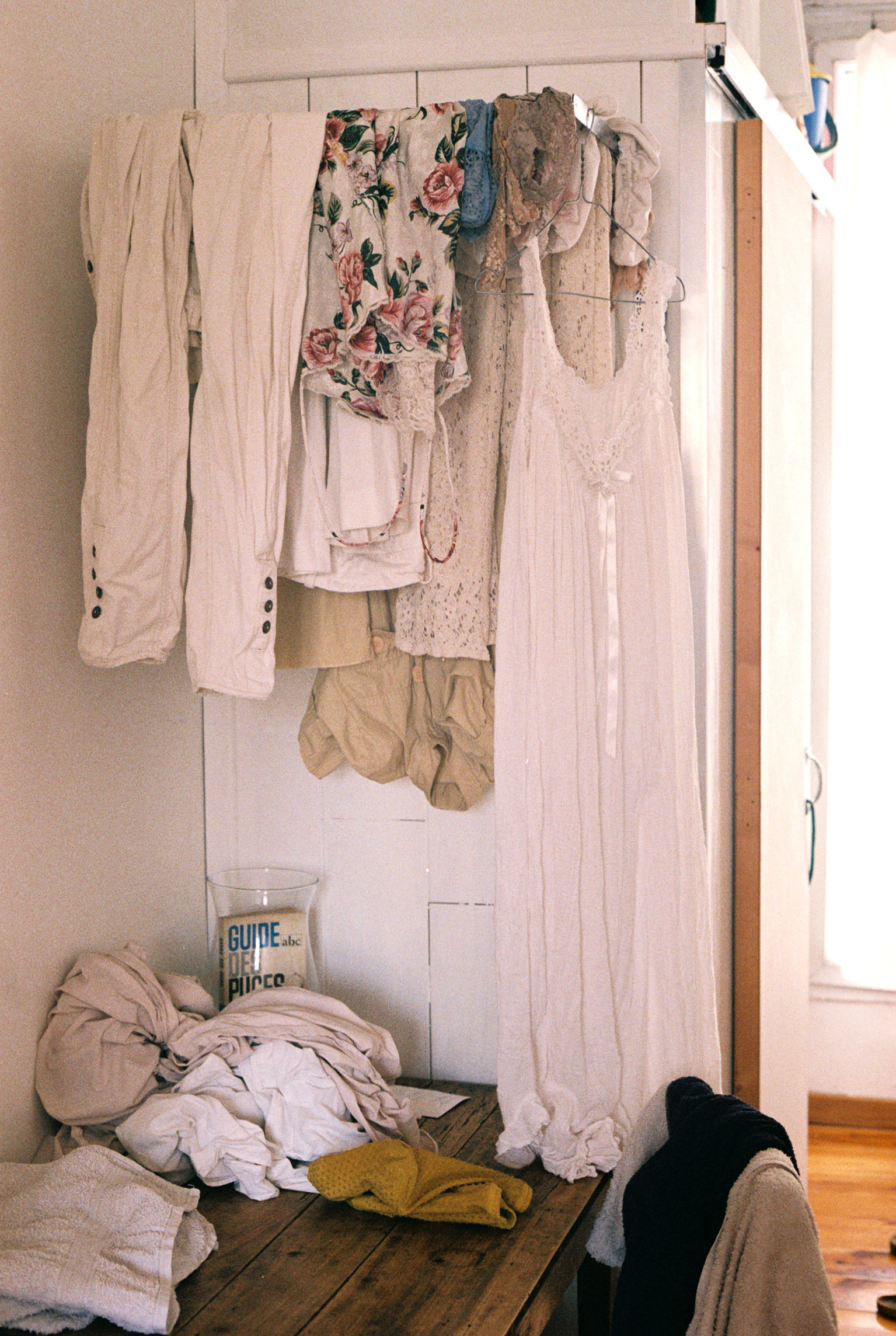
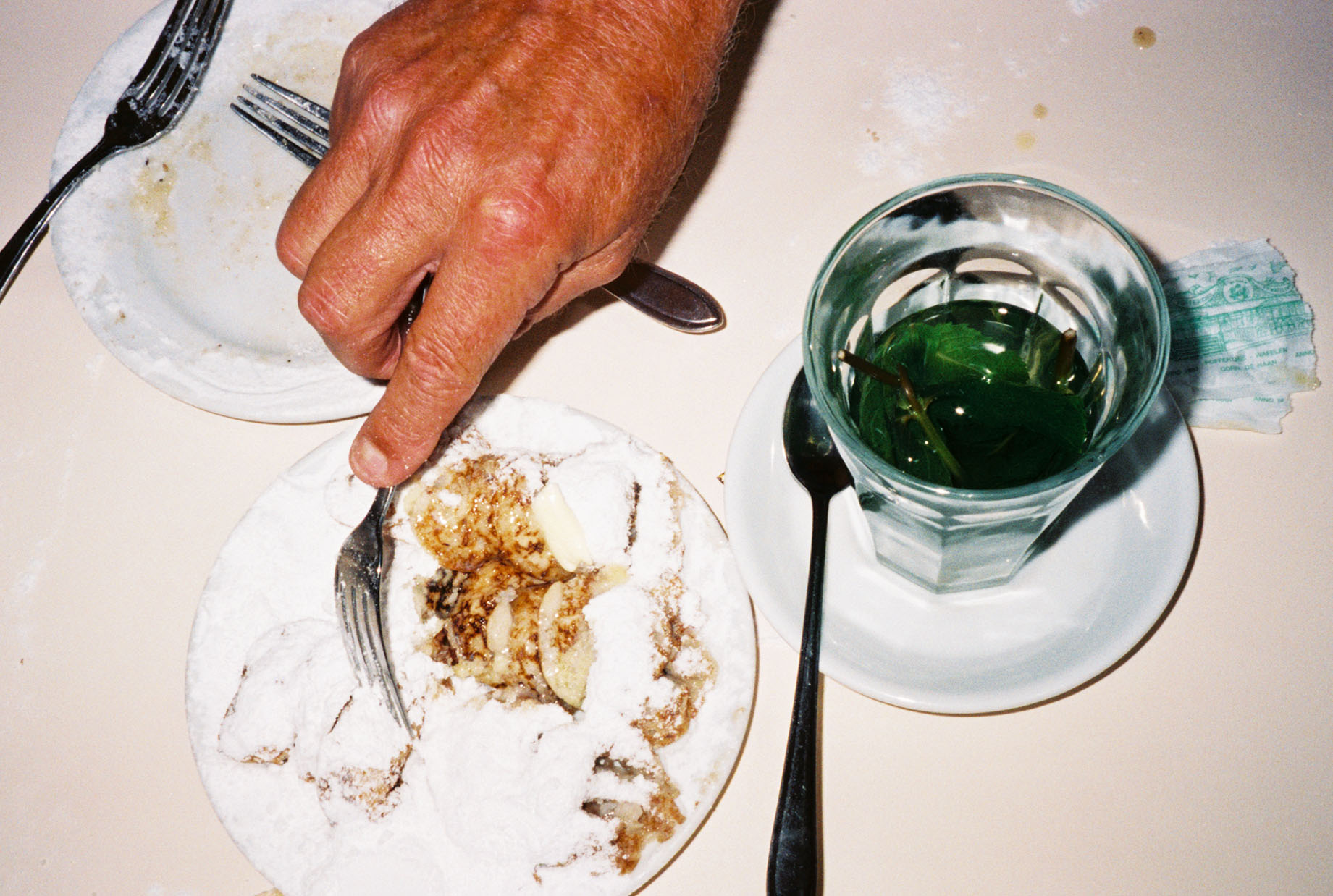
Following Zolita beyond CRUSH, the “Fight Like a Girl” musician sits down with her girlfriend, filmmaker and photographer Jacqueline De Gorter, to talk sexuality, inspiration, and The L Word, accompanied by a photo diary. The series, photographed by Jacqueline, captures intimate moments during the couple’s trip through Europe.
Zolita: When did you come out?
Jacqueline: The first person I sat down and told was my Dad. I come from a small town in North Carolina and there weren’t very many queer people, so I didn’t think my parents would be very accepting. I felt more comfortable telling my Dad. He was so accepting. He told me that he had already known for quite some time and was just waiting for me to tell him.
Z: I never really had a sit down coming out with my parents. My work was already very queer in high school so I am surprised that people didn’t guess earlier. When I first got to college, I fell for this girl who didn’t fall back in the same way. I was in a really bad place and my mom could hear it in my voice over the phone. She literally asked me, “Who is she?”
J: Your Dad told me that he knew in high school, when we were getting coffee a few weeks ago. He said, “All of Zoe’s photographs always had only girls in them, and when her photography teacher asked her to do a shoot with two boys, she put them in makeup and dresses!” (Laughs)
Z: Being a queer artist there is some sort of pressure, I think, to always have a really queer message in your work. I recently realized that my work will always be queer, inherently, because I am a queer person. It doesn’t always have to hit you over the head with the message. It can be more subtle.
J: What is it like to be a queer role model?
Z: It’s very rewarding when you get messages from young queer people that you helped them in some way or made them feel that their identity is valid.
J: It is definitely rewarding knowing that young people have someone to look up to; I wish I had queer role models in high school. Now, there are so many openly queer people on Instagram that even if you are from a small town in the Midwest, you can still feel connected to another person who is living their life openly queer in another place. That can give someone hope that they can one day be that way as well.
Z: When we started dating more seriously, we began to express that love online, as a lot of people in our generation do, without really thinking about it. Gradually, we started understanding the weight of that and how it was affecting a lot of people in a positive way.
J: That was rewarding. But we realized more recently that there’s also a downside to people being so invested in our relationship; we can’t show them anything bad that’s happening, which is not how real relationships work. There is always good and bad in any relationship, but no one ever posts the bad on social media.
Z: That definitely has brought on pressure to present a positive image all the time. It obviously isn’t super healthy for other people to see that, because if they think that our relationship is good all the time, they’ll wonder why their relationships aren’t that way. When fans reach out asking me for relationship advice, I’ve recently made more of a point to say that we have our problems just like any other couple. Just because it looks perfect online doesn’t mean it’s always that way. The positive part of having a public relationship is being able to bring a lot of young queer girls hope, by showing that you can find someone and that kind of love does exist. Finding queer art and queer music to normalize your experience and to make you feel empowered and strong and valid and not like you’re an outsider is so important.
J: It feels really good to find your community online, and to find queer role models who are having a similar experience to you.
Z: What is some queer work you saw when you were younger that made you start thinking that you could be queer?
J: The first actual lesbian storyline that I saw in high school was Blue is the Warmest Color. I really connected with Adele’s character because she starts off kind of interested in women but very unsure of her sexuality. When I moved to New York I had that exact experience of walking into a queer club and feeling really excited and happy to finally be there, but also really nervous and a little out of place. And then I saw Heavenly Creatures shortly after that and there is a very subtle queer storyline but it was so beautiful. As a filmmaker, I thought, “I need to make a queer storyline like this one!”
Z: Also, seeing any lesbian storyline in really mainstream media for me was super helpful. When I finally was just like, “I’m queer” I watched all six seasons of The L Word in 2 weeks. (Laughs) I remember I was watching it on some sketchy website and my best friend came into my room - this was before I came out to her. She said, “Why are you watching The L Word?” I closed the computer and was like, “Oh I don’t know why that’s up!” When I saw Blue is the Warmest Colour I was a sophomore in college. I was really excited to go see it and I went to the very first showing in NY with my very straight roommate. The screening was at 9:30AM and she fell asleep!
J: (Laughs) What was your first Pride experience?
Z: I went to LA pride and took my younger sister. I still hadn’t come out, but I painted my face rainbow and pretended to be an ally. It felt so comfortable to be around so many queer people. I felt so safe and inspired. What about you?
J: Mine was actually with you this past summer! It was so fun. We went to the parade with a bunch of friends and then threw a party on a rooftop in Soho. It was the best Pride I could have asked for.
Z: What’s the gayest thing we’ve ever done together?
J: That’s a good question. (Laughs) One of our friends’ birthday party was BDSM themed. I wore a suit, choker and a bunch of chains, and I slicked back my hair. And you were still very femme.
Z: That’s pretty gay. I feel like going to the Eiffel Tower at night during our anniversary was pretty gay. And I loved it.
J: What was your favourite moment that we had together in Europe?
Z: The one that comes to mind right now is probably the first breakfast that we had in Paris.
J: Dammit that was going to be mine!
Z: (Laughs) We were a little hungover because we went out the night before and ate breakfast at this really cute cafe, facing out in the street and right across from a church. We had baguette, tea, fresh orange juice, apricot jam and eggs. It was everything we wanted in a breakfast.
J: It was a dream breakfast.
Z: It was also really cool to introduce you to my older relatives like my Opa in Germany and my Mormor in Denmark. I don’t get to be that close to them because they are very far away, so it was really cool to have them know a little bit more of a personal part of my life.
J: Likewise. You met my Great Oma, who turned 95, while we were in Holland. I would have never thought last time I was there five years ago that I would be bringing a girlfriend to Holland and have her see my family and my culture. That was really special.
Z: I would have never thought I would be bringing someone back to meet my family either!
J: You were in my Oma’s garden and I was in your Opa’s garden.
Z: I wanted to say one funny moment that happened when you met my Momor. When you came into my Mormor’s apartment, you had several cameras around your neck, and my Mormor said, “Oh! So that’s why they call you Madame Cinema!”
For more from Jacq and Zolita follow them on instagram: @madame_cinema and @zolita
